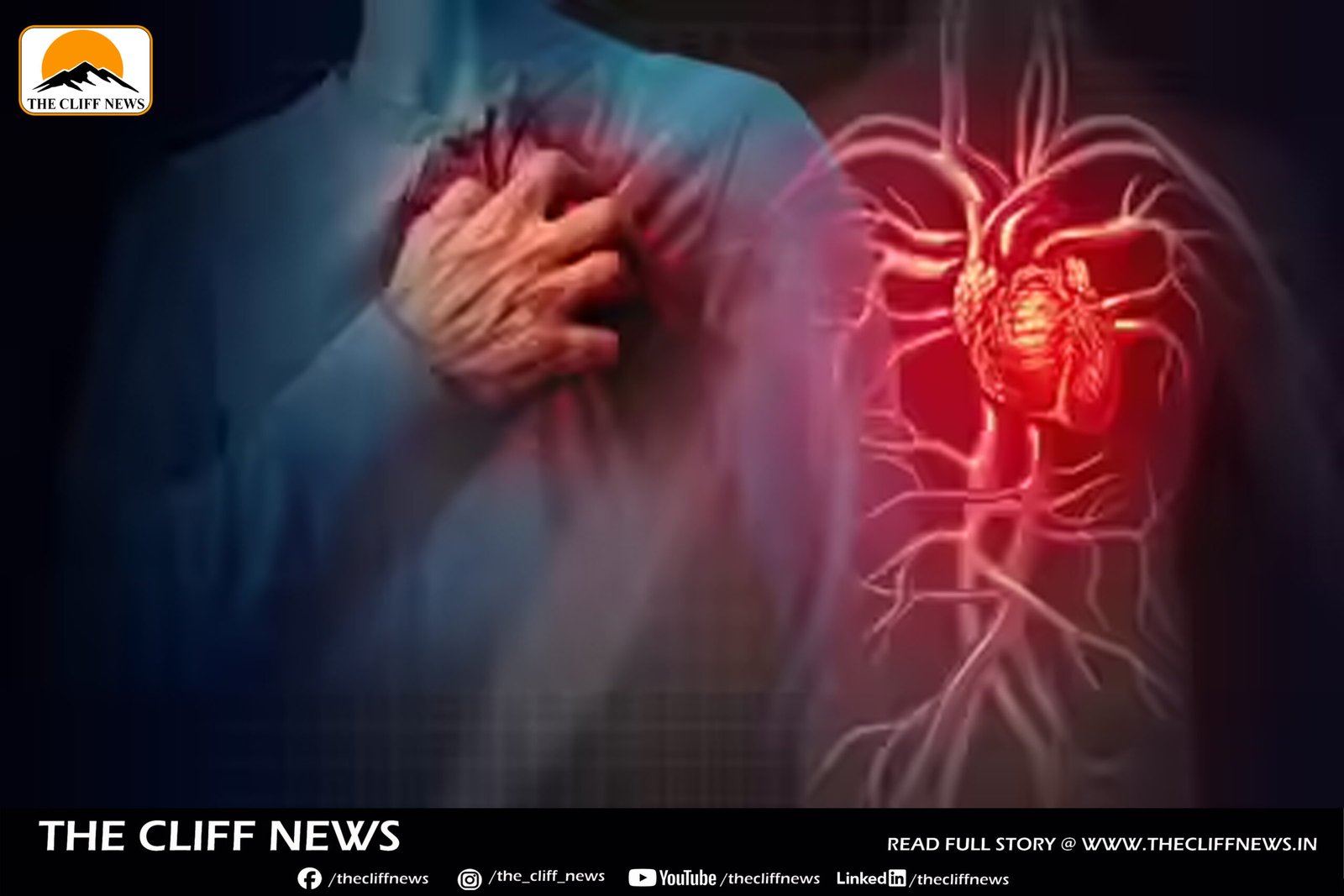Cardiovascular diseases were responsible for 17.9 million deaths in 2019, with 85% caused by heart attacks and strokes. While heart attacks often seem sudden, studies show that early warning signs can appear days or even weeks beforehand. Identifying and responding to these signs can make the difference between life and death.
Here are five warning symptoms of a heart attack that may appear up to a month before the event:
1. Chest Discomfort or Heaviness
One of the most common and critical signs, chest pain doesn’t always present as sharp pain. Instead, many describe it as:
- A sense of pressure, tightness, or fullness in the chest
- A feeling like something heavy is sitting on the chest
- Discomfort that comes and goes, and may radiate to the arms, jaw, neck, or back
This subtle discomfort could signal that the heart muscle is struggling to receive enough oxygen-rich blood.
2. Unusual or Persistent Fatigue
Fatigue that’s unexplained and doesn’t improve with rest is a common early warning—especially among women. It may feel like:
- Constant tiredness despite good sleep
- Feeling drained during normal activities like walking, climbing stairs, or carrying groceries
- General low energy without an identifiable cause
This could indicate that the heart is struggling to pump blood efficiently, leading to reduced oxygen delivery throughout the body.
3. Shortness of Breath
If you suddenly feel winded during light activities or even at rest, don’t dismiss it:
- Breathlessness may result from fluid buildup in the lungs due to weakened heart function
- This symptom can appear weeks before a heart attack and may progressively worsen
- Especially concerning when paired with chest discomfort or fatigue
4. Palpitations or Irregular Heartbeats
A racing or irregular heartbeat can feel like:
- Fluttering, pounding, or skipped beats in your chest
- A sense of the heart working too hard, even while resting
- Sometimes accompanied by dizziness, chest pain, or fainting spells
Palpitations may indicate that the heart is struggling to maintain normal rhythm under stress or reduced blood flow.
5. Sleep Disturbances
Many people report changes in sleep patterns before a heart attack, such as:
- Difficulty falling or staying asleep
- Waking up gasping for air or in a cold sweat
- Persistent insomnia or feeling unrested upon waking, especially alongside fatigue or palpitations
These signs may suggest the nervous system and heart are under stress, even at rest.
🩺 When to Seek Help
Don’t delay. If you or a loved one experience any combination of these symptoms—especially chest discomfort, fatigue, or breathlessness—seek immediate medical attention. Time is critical in preventing a full-blown heart attack and improving survival chances.
“Let’s wait and see” can be deadly. When in doubt, call emergency services immediately.



